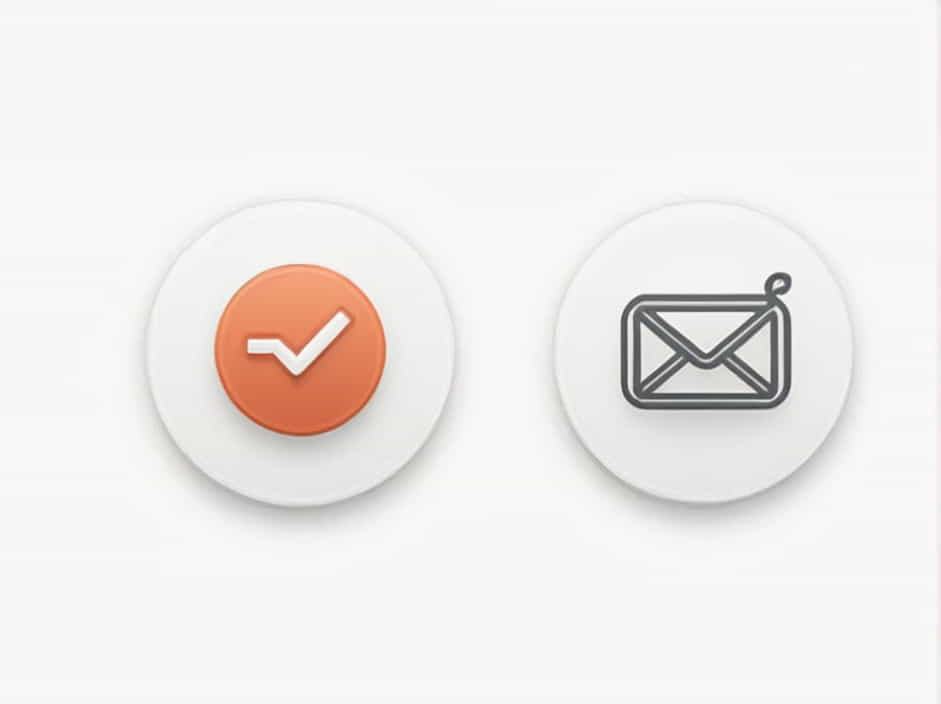Many people wonder if a zip code and a postal code are the same thing. While these terms are often used interchangeably, they have some differences based on location and function. Understanding these distinctions can help when filling out forms, shipping packages, or searching for addresses.
This topic will explore the meaning of zip codes and postal codes, how they differ, their uses, and why they are important.
What Is a Zip Code?
A zip code is a numerical code used by the United States Postal Service (USPS) to help sort and deliver mail efficiently. The term ZIP stands for Zone Improvement Plan, introduced in 1963 to improve mail delivery speed and accuracy.
Structure of a Zip Code
A standard zip code in the U.S. consists of five digits. However, there is an extended format known as ZIP+4, which includes:
-
The five-digit base code (e.g., 90210).
-
A four-digit extension (e.g., 90210-1234) for more precise locations like specific buildings or mailboxes.
Purpose of Zip Codes
Zip codes are used for:
-
Sorting and delivering mail more efficiently.
-
Identifying specific geographic locations within the U.S.
-
Helping businesses determine shipping rates and service areas.
-
Assisting in demographic and market analysis.
What Is a Postal Code?
A postal code is a general term for a system of codes used by different countries to identify geographical locations for mail delivery. Unlike zip codes, postal codes are used worldwide and have varying formats.
Different Types of Postal Codes Around the World
Different countries have their own postal code systems, which may include letters, numbers, or both. Some examples include:
-
United Kingdom – Uses alphanumeric postcodes (e.g., SW1A 1AA for Buckingham Palace).
-
Canada – Uses a six-character format (e.g., M5V 3L9 for Toronto).
-
Germany – Uses a five-digit system (e.g., 10115 for Berlin).
-
Australia – Uses a four-digit system (e.g., 2000 for Sydney).
Key Differences Between Zip Code and Postal Code
Although both zip codes and postal codes serve the same purpose-organizing and delivering mail efficiently-they have some key differences.
| Feature | Zip Code | Postal Code |
|---|---|---|
| Used In | United States | Worldwide |
| Term Origin | Zone Improvement Plan (ZIP) | General postal system |
| Format | Five-digit (ZIP+4 optional) | Varies by country (letters, numbers, or both) |
| Example | 10001 (New York, USA) | SW1A 1AA (London, UK) |
Are Zip Codes and Postal Codes Interchangeable?
If you are filling out an online form or sending international mail, you might wonder whether you should enter a zip code or postal code.
-
For U.S. addresses, always use a zip code.
-
For international addresses, use the correct postal code format for that country.
-
Some websites may ask for a "postal code" even if they expect a U.S. zip code. In this case, entering your zip code should work fine.
Why Are Zip Codes and Postal Codes Important?
Both zip codes and postal codes play a crucial role in mail delivery, online shopping, and emergency services. Here’s why they matter:
1. Faster Mail and Package Delivery
Postal systems use zip and postal codes to sort and route mail efficiently, reducing delays and ensuring accurate deliveries.
2. Online Shopping and E-commerce
Many e-commerce websites require a valid zip or postal code to:
-
Verify billing and shipping addresses.
-
Calculate shipping costs based on location.
-
Determine service availability in specific areas.
3. Locating Places and Businesses
Zip and postal codes help with address verification and are used by:
-
GPS navigation systems.
-
Food delivery apps.
-
Local business directories.
4. Emergency Services and Security
In emergencies, services like 911 (U.S.) or 999 (UK) use zip and postal codes to locate callers quickly. These codes also help security agencies track crime statistics and demographic trends.
Fun Facts About Zip and Postal Codes
-
The first zip code in the U.S. was 00601 (Adjuntas, Puerto Rico).
-
Canada’s postal codes include a mix of letters and numbers, making them more precise.
-
The highest zip code in the U.S. is 99950 (Ketchikan, Alaska).
-
The UK’s postcode system includes “postcode lottery” trends, where people in different areas pay different insurance rates.
-
Germany was one of the first countries to introduce postal codes in 1941.
While zip codes and postal codes serve the same purpose, they are not identical. A zip code is specific to the United States, whereas a postal code applies to other countries worldwide.
Understanding the difference between these terms helps with mail delivery, online transactions, and location services. Whether you are shopping online, sending a package, or filling out a form, knowing the correct code ensures a smooth process.
